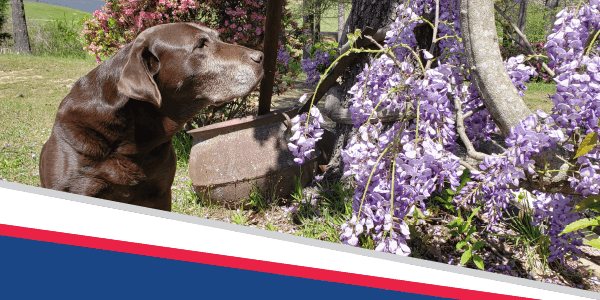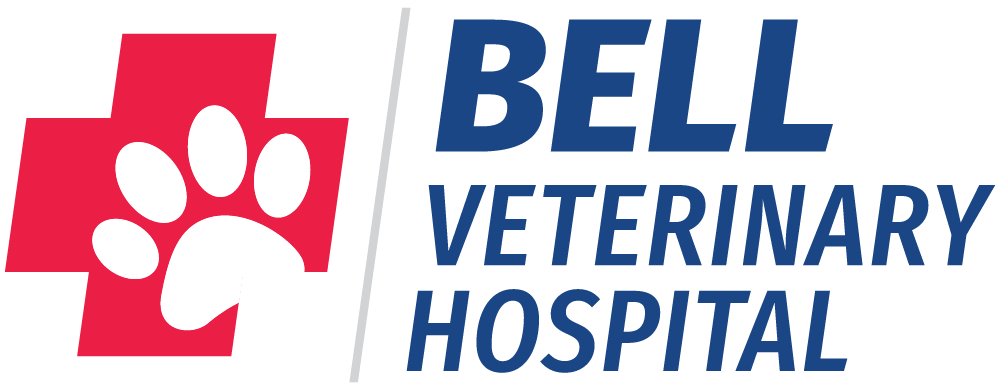
So, if you’re like most humans I know, you take a lot of pride in your perfect lawn. It’s not something I pretend to understand. I mean, burying your toys and rolling around in smelly stuff – I get that, but green grass as far as the eye can see? And weed-less flower beds? Woof-ever.
Still, it seems that pretty yards are just something we pups just have to put up with, so I wanted to offer some insight on the subject of chemical pesticides.
First off, if you feel like you need to use them, you need to limit your pet’s exposure. You saw what I wrote about rolling around in smelly stuff, right? I wasn’t joking. Me and my fellow dogs – and my frenemy felines – think of the outdoors as a full-contact sport. After a nice romp around the lawn, I take all sorts of things back into Dr. Bell’s house on my fur and my paws. And then, once I’m inside, my paws are like ice cream cones. I lick them clean, and I’d bet my microchip the same goes for your best friends. That means that whatever’s on the lawn goes straight to the tummy. That’s to say if it hasn’t caused a skin, rash, too.
Once inside the old gastrointestinal system, pesticides can wreak all sorts of havoc. We’re talking puke city. They also give my kind the runs and can even make it tough to breathe. Long-term exposure to lawn chemicals has been even been linked to lymphoma in pets.
So much for the furry, four-legged side of the story. Let’s talk about pesticides and bees. A perfect green lawn is basically a bee food dessert. Bees depend on diverse plants and flowers to survive, and we depend on bees to pollinate our food supply. I don’t know about you, but I’m kind of a food fan. Next to butt scratches from Dr. Bell and barking my head off in the middle of the night, food is probably my favorite thing. I don’t know what I’d do without it. Probably resort to eating toilet paper, and Dr. Bell tells me that’s in short supply right now.
So here’s my point: why not skip the lawn chemicals and let your yard go a little wild for a while? Your pets – and the bees – will thank you. And if you’d like more info on making your yard pet- and bee-friendly, give the hospital a call at 205-486-4500!
-Jake
